The Mutelu Wave: How Gen Z is Reshaping Thailand’s Spiritual Marketplace
The Mutelu Wave: How Gen Z is Reshaping Thailand’s Spiritual Marketplace
วันที่นำเข้าข้อมูล 12 ก.พ. 2568
วันที่ปรับปรุงข้อมูล 12 ก.พ. 2568
Welcome to the swirling vortex of tradition and trend that is Thailand’s “Mutelu” phenomenon. In an era where digital scrolls replace temple scrolls, Gen Z Thais are integrating centuries-old beliefs into their modern lifestyles. What’s unfolding is not just a cultural shift but an economic tsunami, reshaping both spiritual practices and marketplace dynamics.
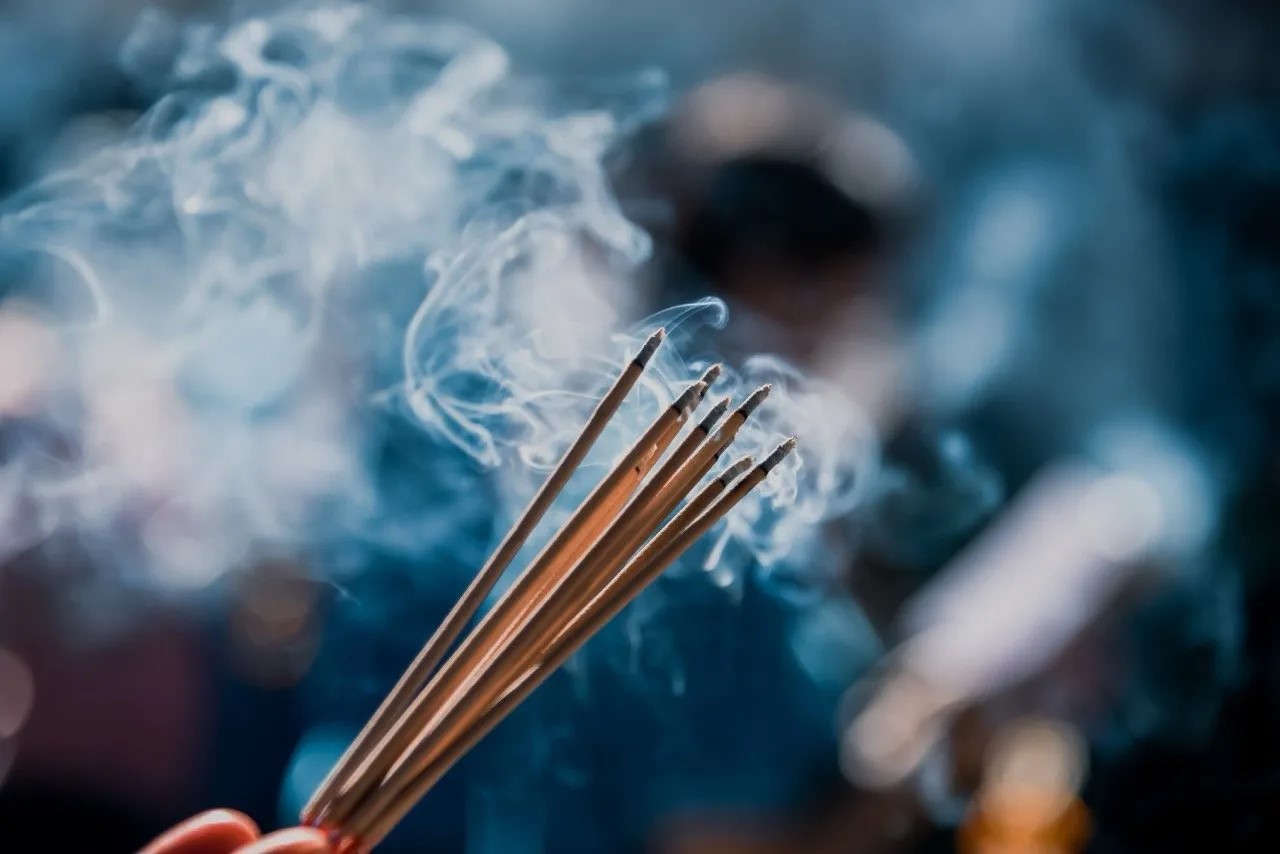
Source: Chuchawan / Shutterstock.com
While the phenomenon of integrating faith with contemporary culture is not new globally, Thailand’s unique approach offers valuable insights. Here, faith-based engagement is evolving, reflecting a broader trend where tradition and pop culture converge. This transformation in Thailand might not predict global trends, but it underscores the diverse ways societies can weave spirituality into the fabric of modern life.
The evolution of Mutelu, from tradition to trend
Let’s dial back the clock and set the stage. Mutelu — derived from a blend of mysticism and streetwise savvy — refers to the lucky charms and spiritual practices deeply rooted in Thai culture. Originally, these were the amulets your grandmother told you not to leave home without. But today? They’re just as likely to be found in a slick Instagram ad as in a revered temple.
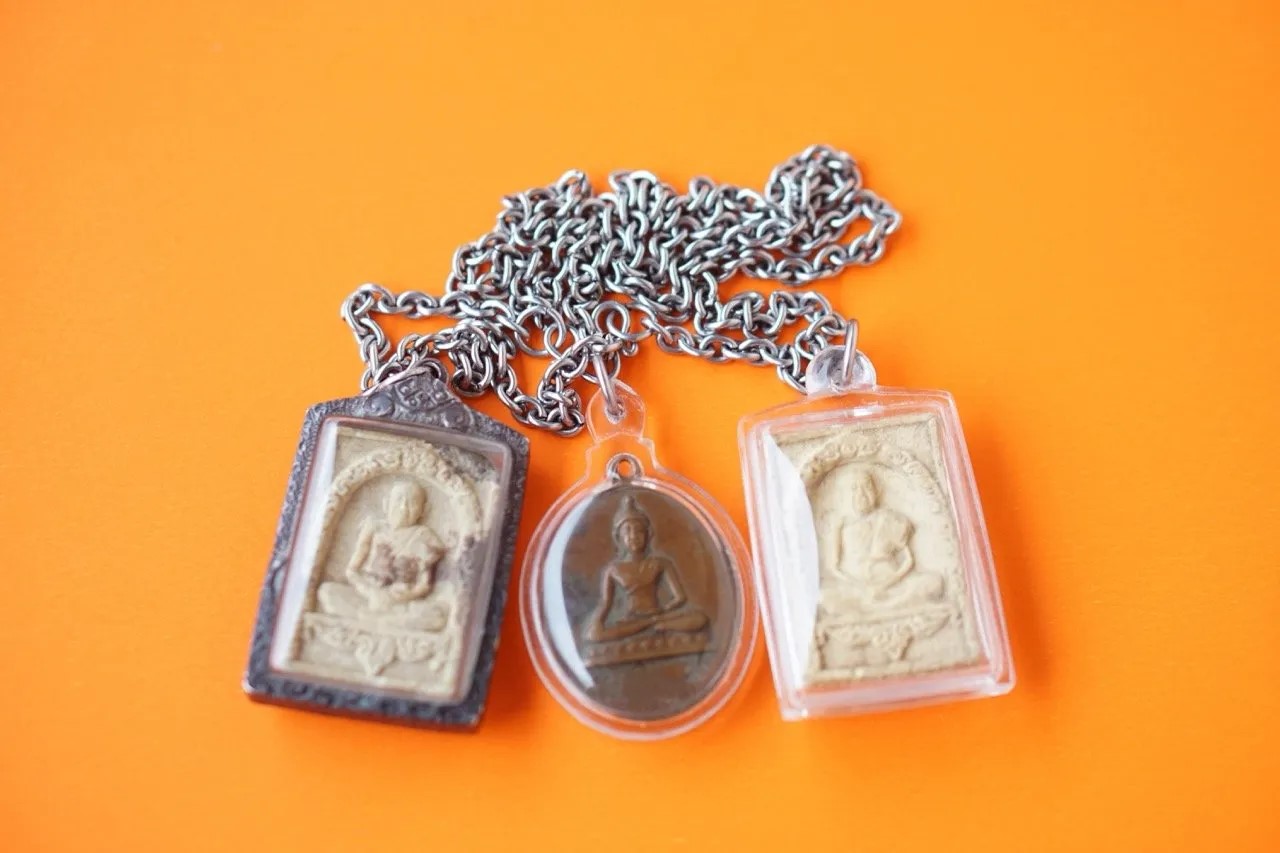
Source: tawanroong / Shutterstock.com
As Thailand has modernized, so too has the fabric of its faith. The digital age, in all its social media glory, has catapulted these traditional talismans from temple fairs to the forefront of e-commerce.
What’s really fascinating here is not just the cultural shift but how seamlessly Gen Z has embraced these concepts into their digital lives. Instead of abandoning tradition, it’s actually about adapting it, making it relevant. Whether it’s consulting the stars before a big job interview or choosing a charm for that all-important first date, young Thais are finding new ways to integrate the wisdom of the old with the convenience of the new.
Mutelu has evolved from a personal belief system into a thriving economic sector. From amulets sold in online boutiques to virtual blessings from celebrity monks, spirituality is becoming an increasingly lucrative marketplace.
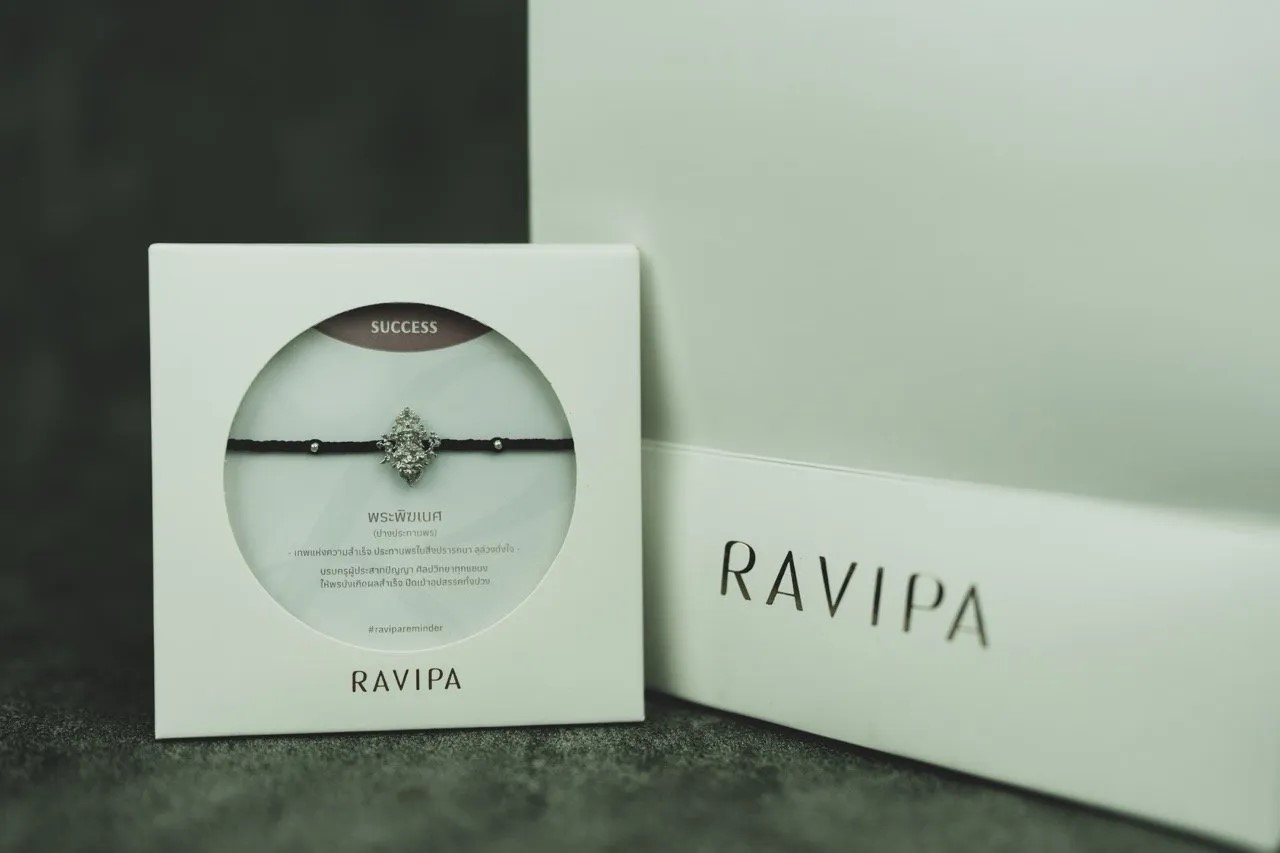
Source: Dontree_M / Shutterstock.com
Consider this: The Ministry of Commerce in Thailand estimates that merit-making activities — yes, we’re talking about the kind that involves offering food to monks and purchasing sacred objects — could generate billions of baht. This isn’t small change. It’s an economic powerhouse fueled by faith and contemporary styles.
What’s driving this boom? A perfect storm of cultural reverence, economic opportunity, and, frankly, killer marketing.
When spirituality shops online
When was the last time you saw an economy boom around beads, charms, and spiritual hashtags? In Thailand, the answer is now.
As the demand for Mutelu items skyrockets, the market is responding in kind. Step into the Mutelu marketplace, and you’ll find it buzzing — not just with the chatter of vendors and buyers, but with the click-clack of keyboards and smartphone notifications. Gone are the days when seeking spiritual guidance required a trip to a temple; today, Thai Zoomers shop for divine intervention the same way they do for sneakers — online.
Scroll through any social media platform, and you might mistake spiritual services for the latest drop on a fashion blog. Amulets that promise career boosts, love-life miracles, and health protections are marketed with glossy photos and user testimonials. And the target audience? Style-savvy youths who believe in both power dressing and power blessings.
Take the phenomenon around PiXXiE’s hit “Mutelu” — a T-pop anthem that made waves on the charts and also embedded itself into the cultural zeitgeist. It’s a perfect example of how spirituality and pop culture can create a hit remix that resonates with young, modern Thais and turns traditional beliefs into mainstream marvels.
Events like the “Mutelu Expo” are the new pilgrimages for the faithful and curious alike. Imagine walking into a convention center decked out not with tech gadgets or car models, but with stalls bursting with sacred objects and ritual services. These expos are less about solemn spiritual reflection and more about finding that perfect, Instagram-worthy talisman that also boosts your aura.
And it doesn’t stop at that. Spiritual tourism packages invite travelers to embark on journeys that promise something much more than scenic views — they offer profound spiritual experiences, Instagrammable moments at sacred sites, and the chance to meet with celebrity shamans.
Now, even dinner plans can come with a side of divination. Restaurants are dishing out zodiac-themed menus, and even some bars are mixing astrology into their cocktail lists. Night out with friends? How about adding a tarot-reading session between dance tracks?
Youth, identity, and the commercialization of faith
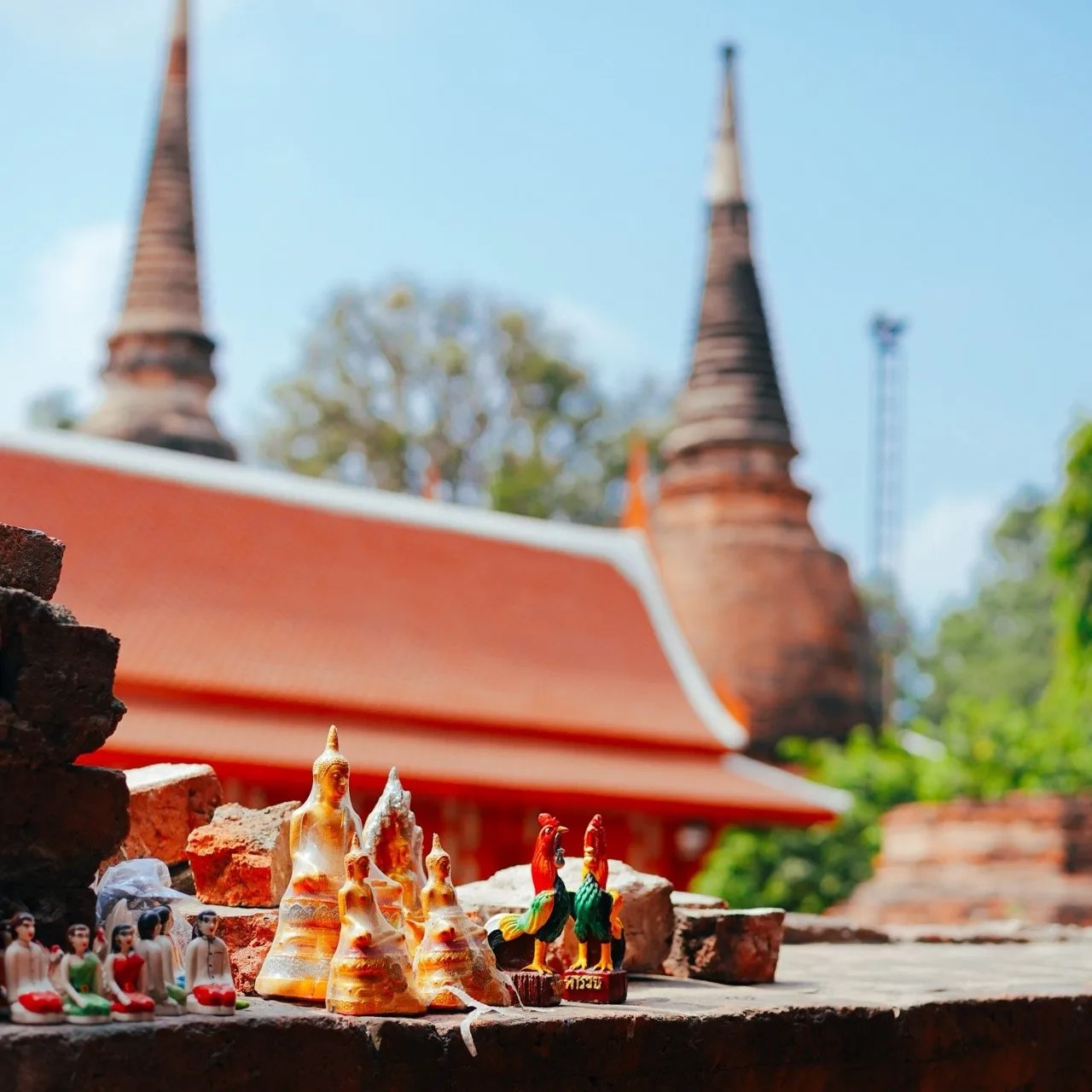
Source: enchanted_fairy / Shutterstock.com
Yet, as Thailand’s spiritual practices become commodities, a debate simmers beneath the surface: Are we preserving tradition or just packaging it? While some worry that the commercialization of faith dilutes the sanctity of these practices, others believe it makes spirituality more accessible to a generation at risk of disengaging. This dichotomy is a significant concern: purchasing a charm from a temple is quite different from ordering one on Shopee for next-day delivery. Such accessibility raises critical questions: Can true spiritual meaning be commodified? This debate spans from Bangkok cafes to online forums, where critics argue that turning profound traditions into mere accessories may strip them of their essence.
But not everyone sees it through a critical lens. Many young people argue that this new wave of Mutelu makes spirituality relevant and engaging for a generation raised on hashtags and hyperlinks. They assert that they’re not abandoning the rituals of their grandparents; they’re adapting them, ensuring that their cultural and spiritual heritage thrives in a modern context.
Across generational divides, the conversation continues. Older generations may view these changes with skepticism, worried about the loss of traditional values. Meanwhile, the youth champion these evolutions as a necessary adaptation, a bridge between their heritage and their modern, everyday lives.
Embracing change, respecting traditions
As we map the contours of this new spiritual-commercial landscape, it’s clear that the Mutelu economy is largely about redefining what modern spirituality looks like. It’s vibrant, it’s dynamic, and yes, it fits perfectly in an Instagram square.

Source: Nattakorn_Maneerat / Shutterstock.com
Whether it’s through TikTok rituals or Instagrammable amulets, spirituality is getting a major revamp. This doesn’t mean the sacred is necessarily becoming superficial. Instead, it’s about accessibility and relevance, bringing ancient wisdom into the limelight of today’s social media feeds. The ethical debates around the commercialization of faith are still crucial — they keep the conversation alive about what we value in our spiritual practices.
As Thailand continues to blend the old with the new, the Mutelu economy is a reflection of a society in transition, finding new ways to connect with its roots while forging ahead into the future. For every charm sold and every ritual shared online, there’s a deeper narrative of a community exploring what it means to believe and belong in the modern world.
| Source: | 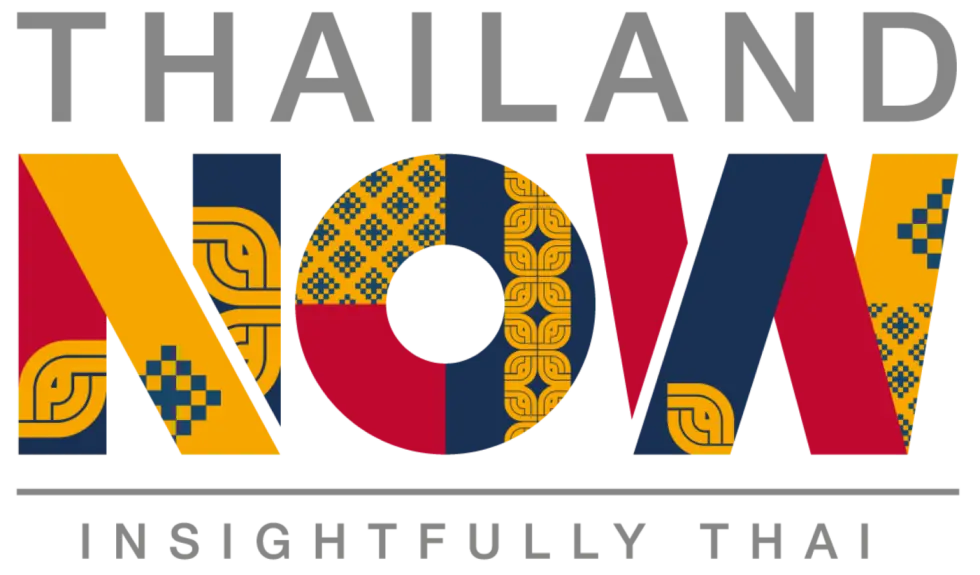 |
Thailand Business Information Center in Taiwan